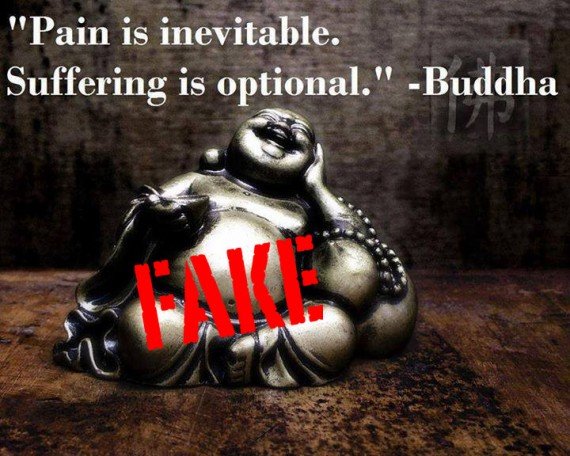
The classic example of the way we are responsible for our own suffering is the scenario of someone driving down the road and getting cut off by an aggressive driver. In one case, the person might react to getting cut off with rage, cursing the aggressive driver, and becoming consumed with anger. In another case, the person might just slow down and back off without giving the incident much thought. Same scenario; two different reactions. One results in anger (suffering) and the other involves a peaceful mind. It’s our choice how we react. The aggressive driver does not “cause” the first person’s anger. And aggressive driver is just being an aggressive driver. They’re not causing anything. It’s the first driver’s reaction of rage that causes their own suffering.
“Pain is inevitable. Suffering is optional.” Although this is a fake Buddha quote, the sentiment is the same, and quite compatible with Buddha’s teachings. “The message itself is very congruent with the Buddha’s teachings. There is a wonderful sutta called the Sallatha Sutta, which points to the distinction between “feelings of pain” and the secondary suffering that arises from our response to that initial pain.” Source.
This brings me back to tonglen meditation. When someone becomes angry, judgemental, or otherwise acts in a way that leads to your feeling pain/suffering, it’s possible to break this cycle of “their action”/”your suffering” by looking at the situation differently. The normal reaction is to think, “They’re causing me to feel pain/suffering.” The abnormal reaction is to think, “Their anger comes from their pain. I feel bad that they’re in so much pain that they act out this way. I wish I could relieve them of their pain. I wish I could give them my strength.” Changing the way we think isn’t an intellectual exercise; one can’t just “should” themselves to react differently. And there’s where tonglen meditation comes in. (See post on tonglen meditation.) Breath in the other person’s pain; breath out giving them your strength. As a meditation it can work on a non-intellectual level. I’m not sure how it works, but it does.
So the next time something happens, before the anger/hurt sets in, see if you can catch yourself. Try to see if for what it is. Try to acknowledge that you are responsible for and can choose your reaction. Once you admit ownership of your reaction, the battle is half over. The rest is just making a choice and being at peace with that choice. There is no right or wrong. And give the longlen meditation a try. It’s surprisingly effective.
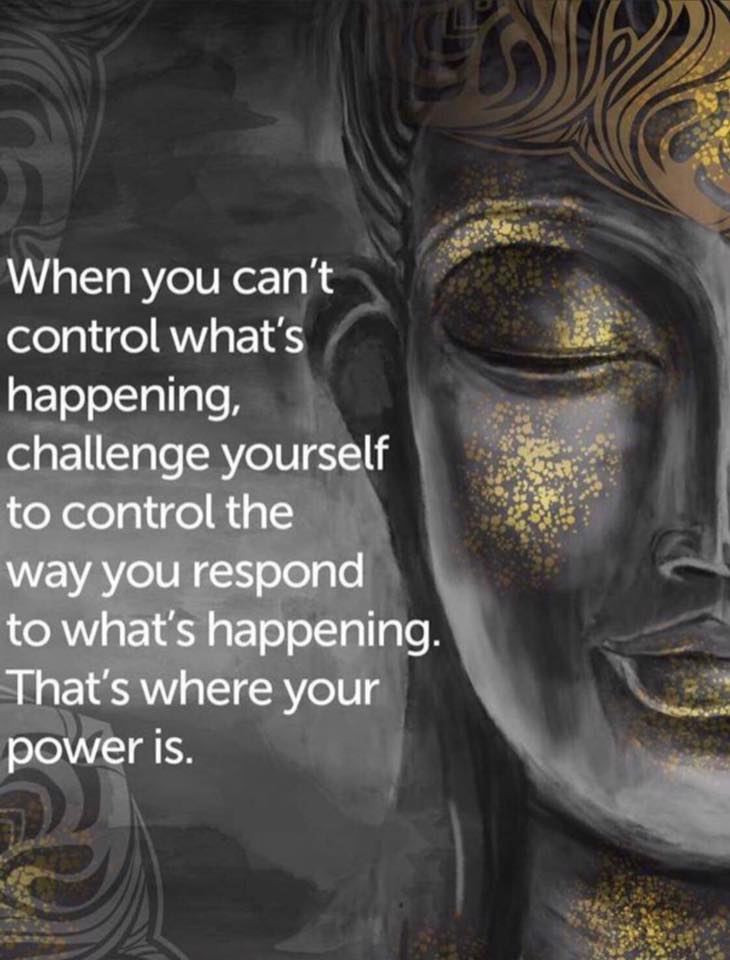
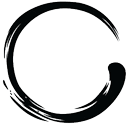
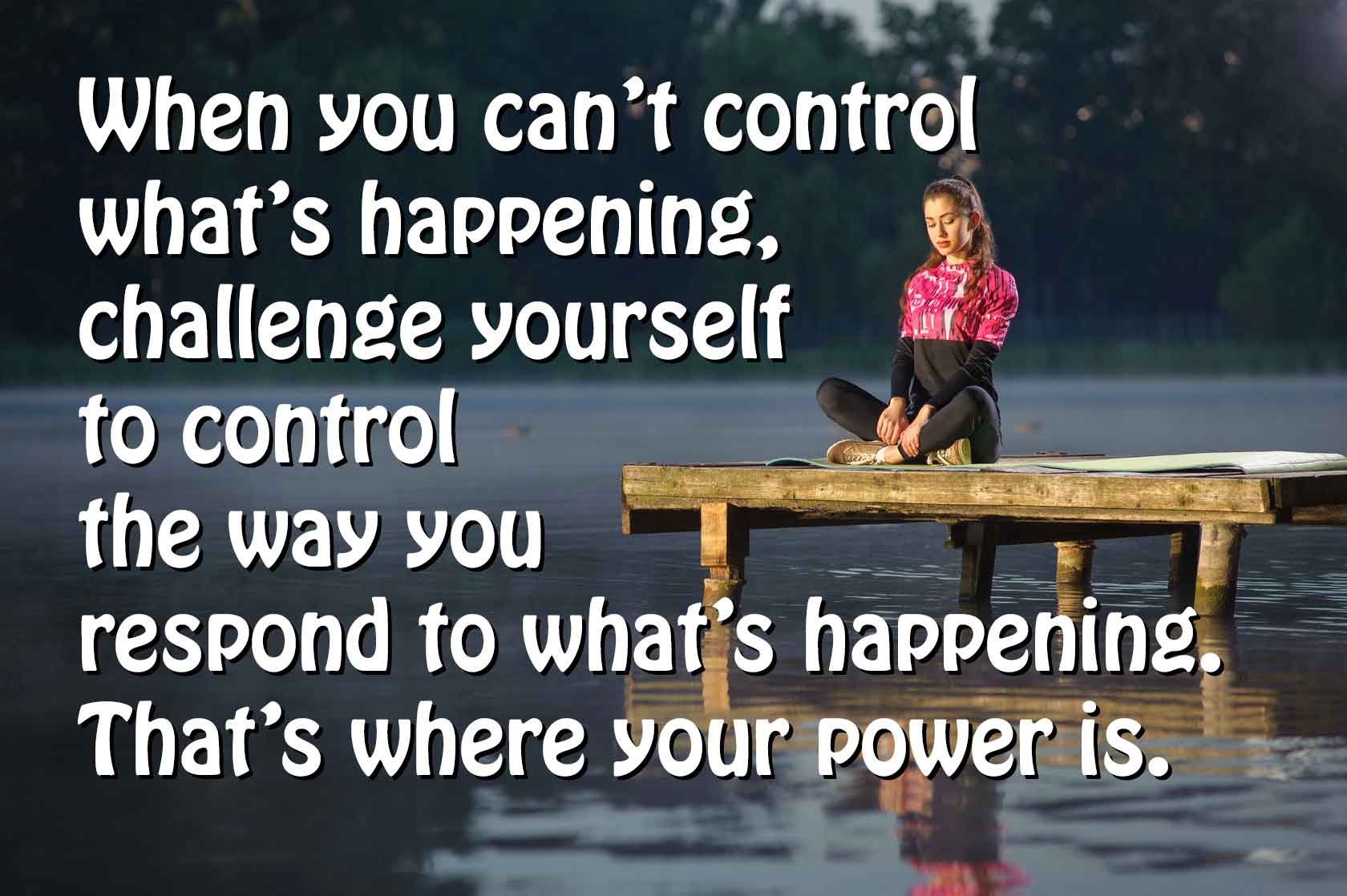
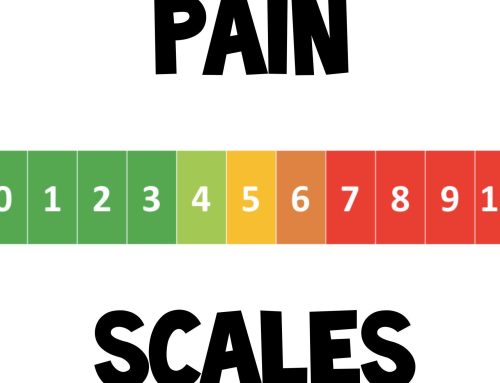
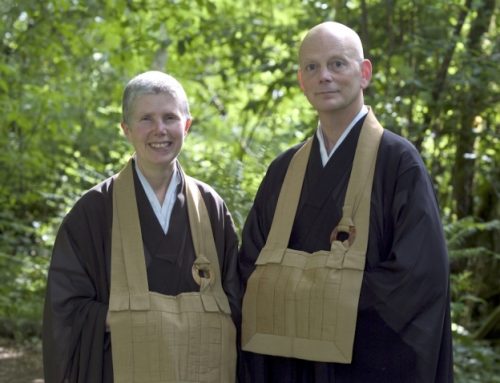



Leave A Comment